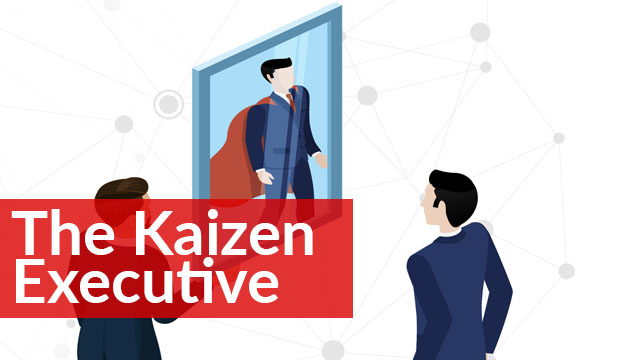Lean Production is founded on team work; this ensures that the basic skill for launching and leading the Lean culture implementation to success is (even before all of its methods) the management of a work group. If we are unable to manage and motivate a work group, then we will never be able to implement Lean production.
The coaching and pnl methods contain within them all that is needed to acquire this fundamental skill.
Here below you will find 11 important points you must be familiar with and to which you must pay attention to with regard to the psychology of people when having to guide a work group.
- People experiences are personal and subjective.
Each person, in years and years of life, has developed a combination of habits, convictions, ways of doing and saying. Like you, people have developed their own particular way of seeing the world.
Advice: do not expect people to operate according to your values, ideas and opinions. - People try, they need and want to experience emotions.

Even on the job people try continuously to find emotions like: security, acknowledgment, affection, adventure, need for fulfillment, power, service, and so on.
Advice: to correctly manage a work group you must continually identify the emotions of the participants, accept them and satisfy them as much as possible. - People want to be appreciated and respected.
Each person you meet has his own dignity. When people do not feel appreciated and respected they become angry, irritated, and passive, they do not cooperate and are vindictive.
Advice: every time possible, recognize the good work done and only after having done so, point out tactfully what must be corrected. Do not embarass someone publicly. - People want to have "good communication" with the person who guides them.
Creating a relationship means sending and receiving signals of communication. The deep sense of the word “communication” is: “putting in common”.
Advice: keeping people informed on what is going on ensures that a relationship is established, if you need to make a decision about something, explain why you have made this decision, all this will ensure that any potential fears of working in a team will be alleviated. - People want and need to be listened to.
People want leaders and managers to listen to them. For this reasons, listening skills must be developed.
Advice: 1. try to have people express their opinions about things, asking what they think, how they feel and what they want. - People want and need to be a part of what is happening.
People generally want to hear that they are contributing to something and that they have a right to say something about it...If they do not feel this, then they may rebel and contribute to the failure of the team.
Advice: 1. give them the power to express their opinion and decide what they want to do. (In this case if the principles of lean production are followed, there is no risk that people will make a mistake). - People need to be guided and directed.
People need specific objectives and to know what counts in achieving success. We all need feedback to know if we are doing things well.
Advice: it is important to give specific objectives from the beginning of the team’s activity, communicate until you are sure that everyone is aware of the rules of the game. Explore together with the participants the implications of the objectives and factor in even the possibility of failure. - People want to see progress.

When people have a sensation of advancing towards objectives, then they continue to participate and to try to improve to achieve the goal. When we see success we continue to move with energy towards the objective.
Advice: 1. be careful about “correcting” and coaching people who are perfectionists and those who have a tendency to underestimate success. - People have a need to learn.
People learn better when they experience situations, instead of seeing them be told through PowerPoint. In order to be successful information alone is not sufficient. Already now people are aware of many more things of what they actually put into practice.
Advice: The more we can provide opportunities for a team to have practical experiences, the more they will feel they are learning. - People need to be free to make mistakes.
Do your workers feel safe about taking a risk? With you, do they feel safe or totally insecure?
Advice: create an environment where people will feel safe with you and where they feel safe in taking risks. Learn the art of delegating. - People need to be motivated.
People draw their energy through emotions such as joy, happiness and motivation.
Advice: try to discover what moves people and try to motivate them through these incentives.
Mario Mason
Kaizen Coach






